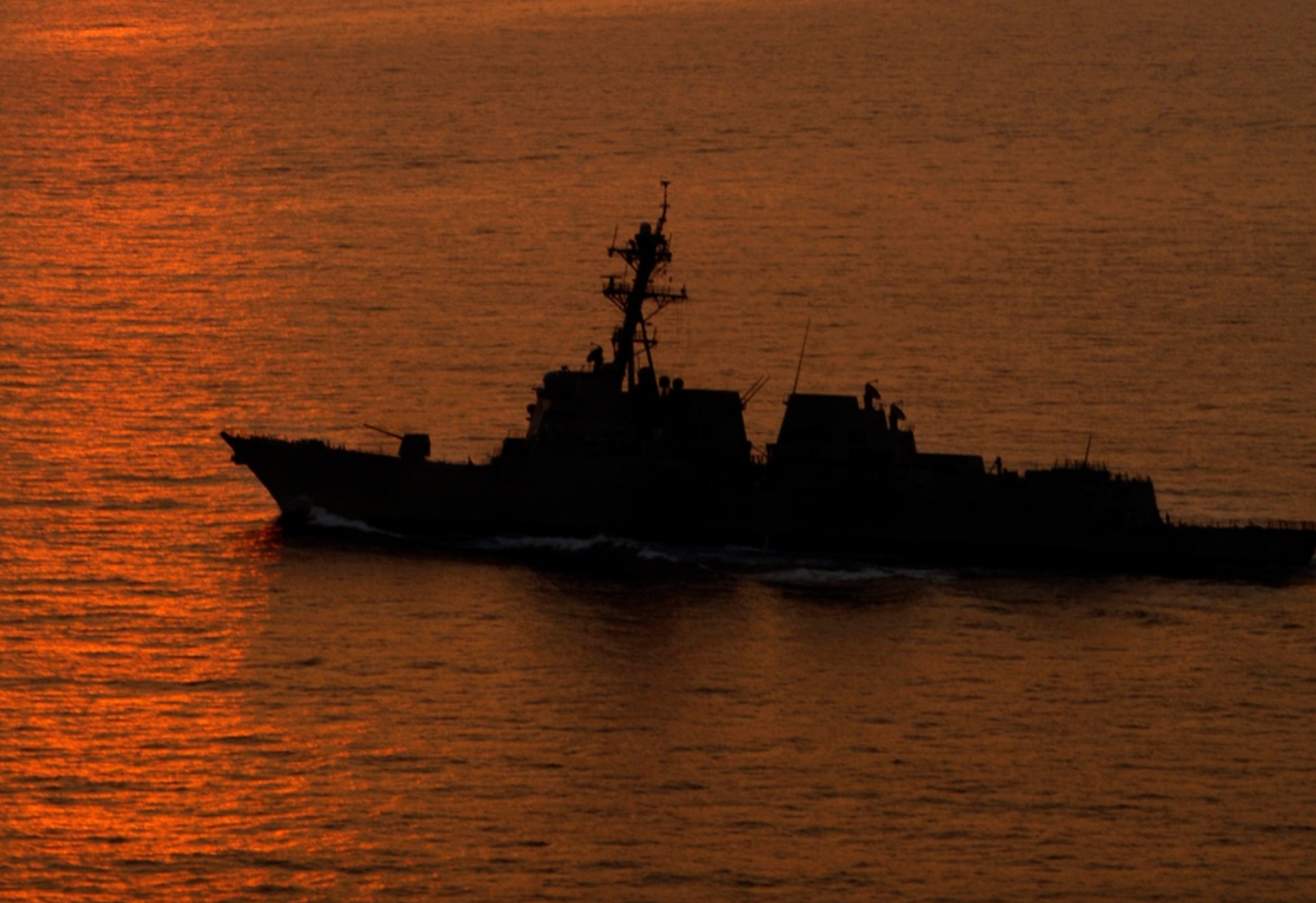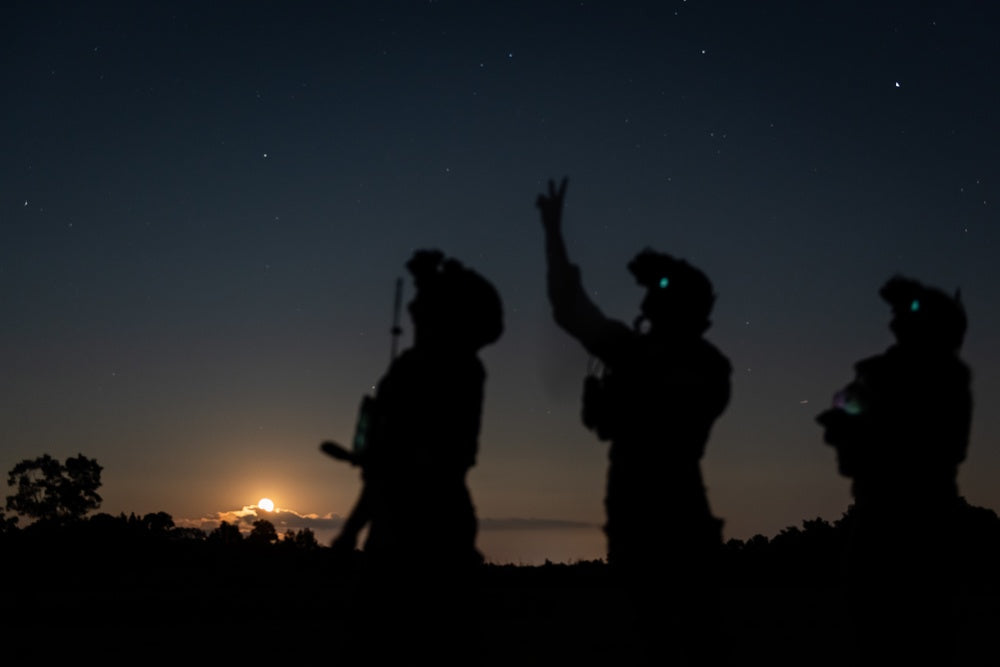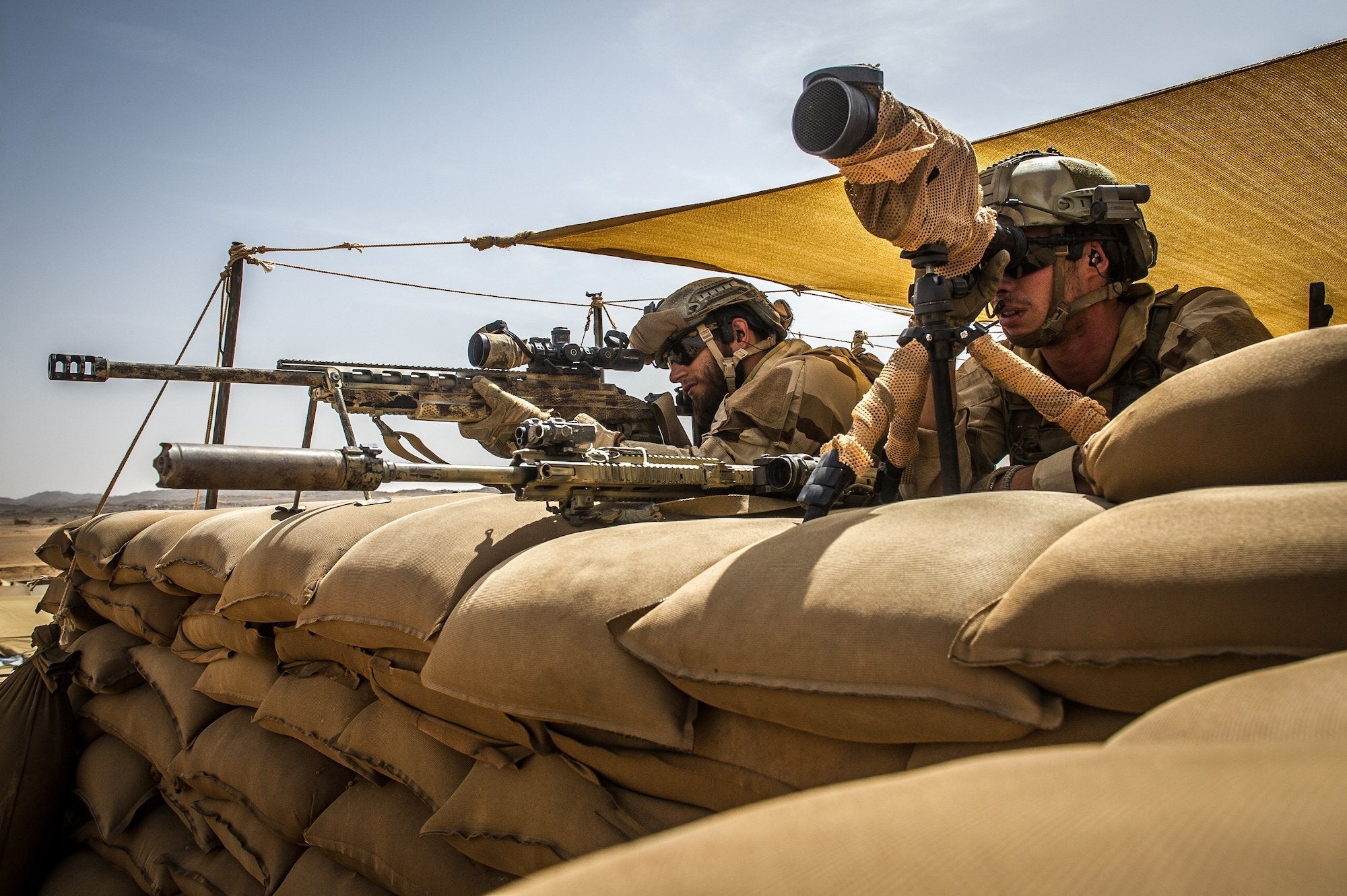
Over 20 countries now part of US-led Red Sea coalition, Pentagon says
PHOTO CAPTION: Representational photo — The guided-missile destroyer USS James E. Williams (DDG 95) transits the Red Sea, Nov. 30, 2007. (U.S. Navy photo via U.S. Defense Visual Information Distribution Service)
By Phil Stewart
WASHINGTON (Reuters) - A total of more than 20 countries have agreed to participate in the new U.S.-led coalition safeguarding commercial traffic in the Red Sea from attacks by Yemen's Houthi movement as more nations join the effort, the Pentagon said on Thursday.
Still, the new Pentagon total would suggest that at least eight of the countries who have signed up have also declined to be publicly named, in a sign of political sensitivities of the operation as regional tensions soar over the Israel-Hamas war.
"We've had over 20 nations now sign on to participate," Major General Patrick Ryder said, noting declarations by Greece and Australia.
"We'll allow other countries, defer to them to talk about their participation."
The United States launched Operation Prosperity Guardian two days ago, saying more than a dozen countries had agreed to participate in an effort that will involve joint patrols in Red Sea waters near Yemen.
Each country will contribute what they can, Ryder said, dubbing it a "coalition of the willing."
"In some cases that will include vessels. In other cases, it could include staff or other types of support," he told a news briefing.
The crisis in the Red Sea has grown out of the war between Israel and Gaza's ruling Palestinian Islamist group Hamas.
The war began on Oct. 7 when Hamas fighters stormed across the Gaza border into southern Israel, where Israeli authorities say the militants killed about 1,200 mostly civilian Israelis and foreigners.
Israel's retaliatory bombardment and invasion of Gaza, which Israeli officials state is aimed at wiping out Hamas, has killed nearly 20,000 Palestinians, according to health officials in the densely populated, coastal enclave.
Iranian proxies including the Houthis and Lebanese Hezbollah have fired rockets at Israel since the conflict began. The Houthis, meanwhile, have stepped up their Red Sea attacks, threatening to target all ships heading to Israel and warning shipping companies against dealing with Israeli ports.
The attacks have disrupted a key trade route that links Europe and North America with Asia via the Suez Canal and caused container shipping costs to rise sharply as companies seek to ship their goods via alternative, often longer, routes.
The U.S. Navy, British and French navies have responded by shooting down Houthi drones and missiles, defensive actions that some critics in Washington say don't go far enough to discourage the Houthis from continuing their attacks.
(Reporting by Phil Stewart; Editing by Sonali Paul)









